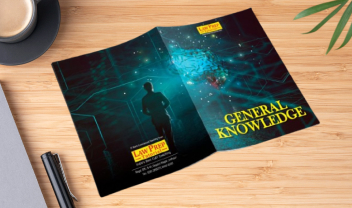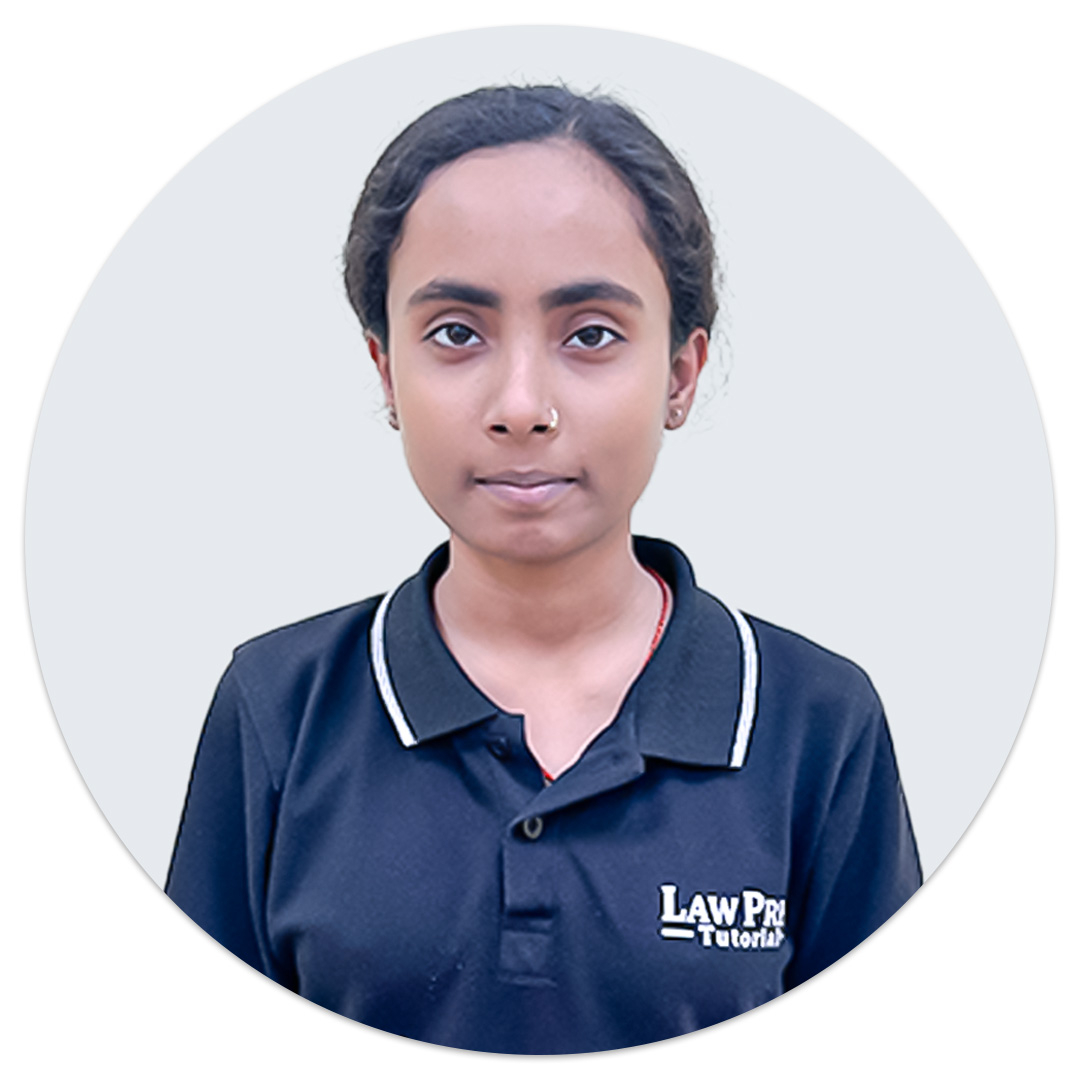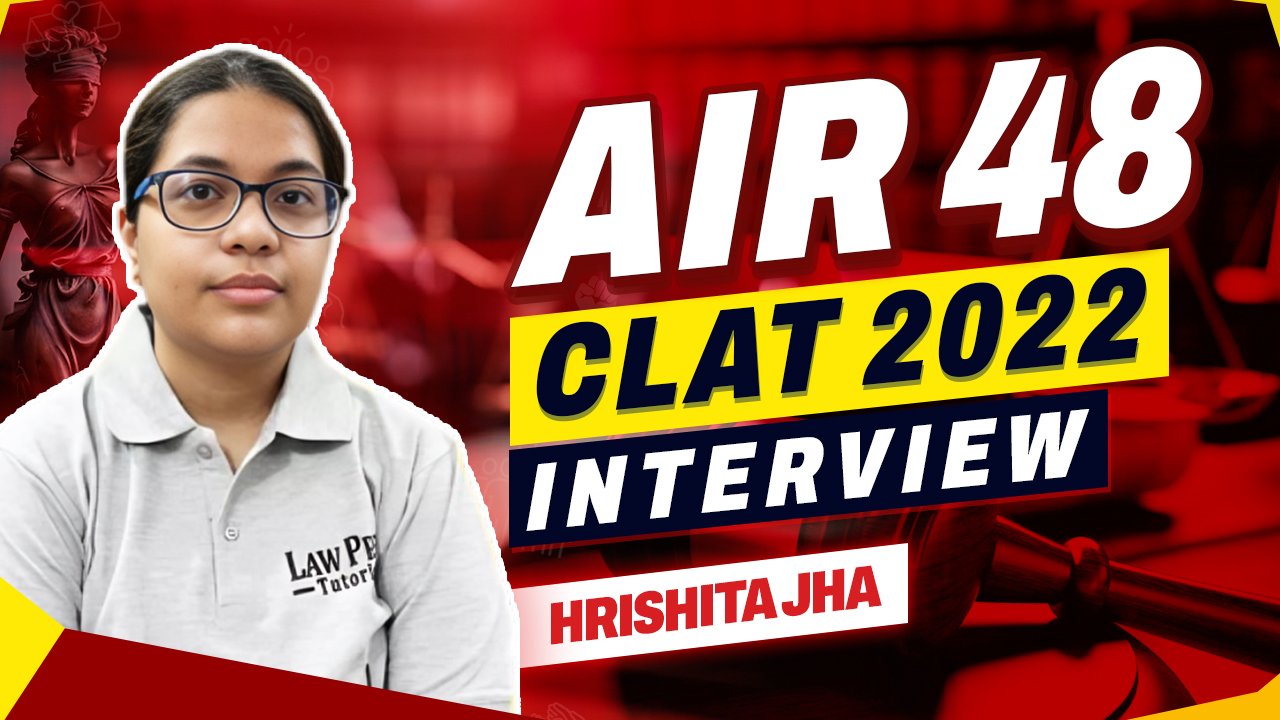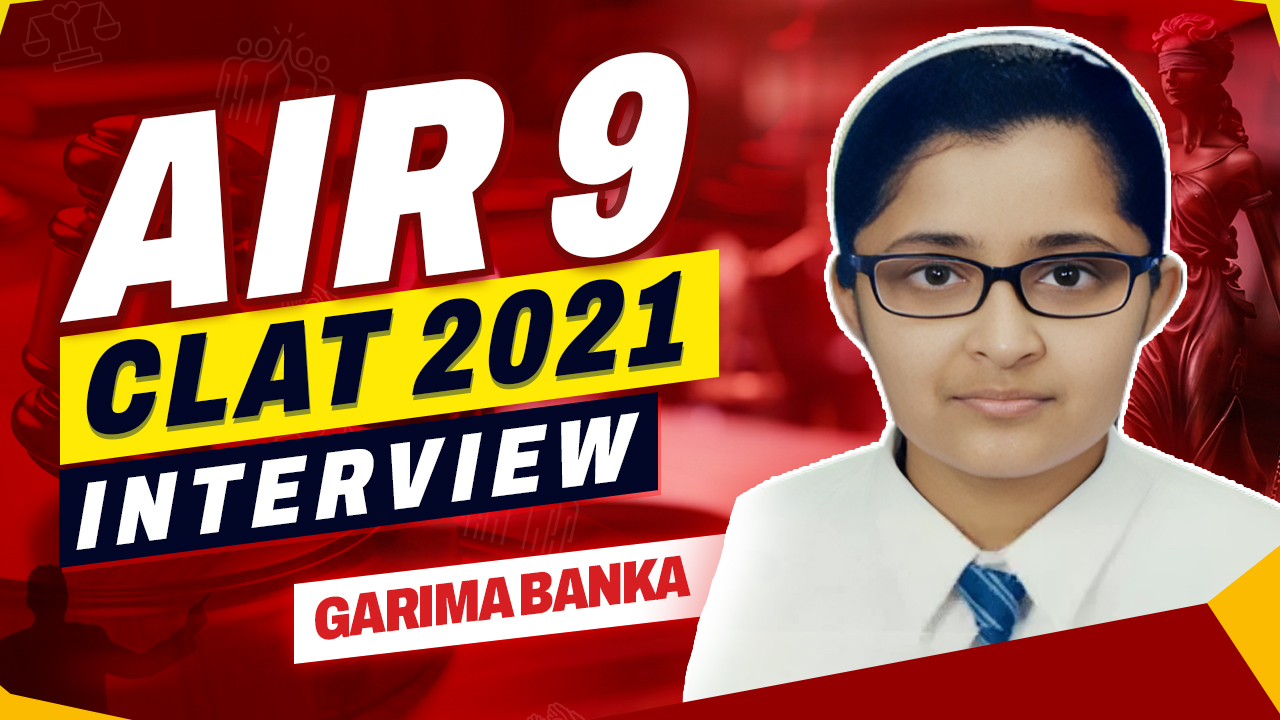We are the best coaching institute for CLAT.

Exclusive Study Material

Student Performance Analysis

Most Experienced Teachers

360° Guidance & Preparation

Exclusive Study Material

Student Performance Analysis

Most Experienced Teachers

360° Guidance & Preparation

Our CLAT offline coaching includes all the steps given below





Hear yourself what students are saying about our CLAT coaching institute in Patna!

Choosing LPT for CLAT prep was a great move. Instructors were knowledgeable, approachable, and supportive, contributing significantly to my success in the exam.
JAI
AIR 1 - CLAT 2024

For CLAT coaching that cares and equips you for success, choose LPT Patna without doubt.
Jigyasa
AIR 9 CLAT 2024

Initially hesitant, but with teacher guidance, and feedback, I've excelled. Thanks, Abhishek Sir and LPT Patna
Hrishita
AIR 48 - CLAT 2022

LPT Patna teachers work tirelessly to clarify doubts, ensuring your comprehension and success.
Garima Banka
AIR 21 - CLAT 2021
Make your NLU dreams come true with us.
Best Classroom Learning
Engage in face-to-face discussions, ask questions, and receive immediate feedback from experienced faculty members.
Structured Study Plan
Benefit from a well-structured study plan that covers the entire CLAT syllabus comprehensively.
Personalized Attention
Our faculty members understand your strengths and weaknesses and provide guidance accordingly.
Doubt Sessions
Our faculty members are readily available to address your queries, ensuring that you grasp concepts thoroughly.
Regular Assessments
Measure your progress with regular assessments, including mock tests, quizzes, and topic-wise tests.
Proximity to Faculty
Build a strong connection with your teachers and approach them for guidance even outside of regular classes.
Discipline and Focus
Our classroom coaching provides a conducive environment for dedicated and distraction-free learning.
Top Study Material
Access comprehensive study materials that complement classroom teaching.
Yes, our classroom coaching sessions are led by experienced faculty members who are subject matter experts and have a proven track record in CLAT coaching.
Classroom coaching allows you to interact with peers, exchange ideas, and collaborate on solving problems. Peer discussions can enhance your understanding of complex topics.
Yes, regular mock tests, quizzes, and assessments are part of our classroom coaching program to help you evaluate your progress and identify areas for improvement.
Yes, we offer classroom coaching for both CLAT 2026 and CLAT 2027 programs to cater to the needs of students in different stages of their CLAT preparation.
Yes, we offer demo classes for classroom coaching to give you a firsthand experience of our teaching methodology. Contact us to book a demo class.
In addition to classroom sessions, students receive study materials, access to an AI-based learning management system, and the latest updates related to CLAT and current affairs.
Yes, we offer additional doubt-clearing sessions to provide personalized assistance and ensure that students have a clear understanding of all subjects.
The coaching program for CLAT 2026 is for 1 year, while the program for CLAT 2027 is for 2 years, allowing students to start their preparation at the right time.
Yes, students get access to exclusive books and resources that complement their preparation and enhance their learning experience.
CLAT stands for the Common Law Admission Test. It is a national-level and top law entrance exam in India for admission to undergraduate (UG) and postgraduate (PG) law programs offered by various National Law Universities (NLUs) and other law colleges across the country.
The CLAT exam is taken by students who aspire to pursue a career in law. It is the gateway to getting admission into NLUs, which are known for their quality legal education. Conducted by the Consortium of NLUs, this exam assesses candidates’ legal aptitude and knowledge in various areas such as English Language, current affairs, legal reasoning, logical reasoning, and quantitative techniques.
CLAT law entrance test is conducted on an annual basis, and successful candidates secure admission to undergraduate programs like the five-year integrated Bachelor of Arts and Bachelor of Laws (BA LLB) program offered by participating institutions.
The CLAT (Common Law Admission Test) exam follows a specific pattern that is designed to evaluate various skills required for a career in law:
| Reading Comprehension Genre | Verbal Ability |
|---|---|
| Nationality |
Foreign nationals can also apply but must have a valid passport. |
| Age Limit | No upper age limit for CLAT Entrance Exam. |
| Educational Qualification | Must have completed 10+2 or equivalent from a recognized board/university. For General/OBC/PWD/NRI/PIO/OCI Categories: For SC/ST Categories: |
| General Criteria |
|
The Consortium of NLUs is yet to announce the official notification for CLAT 2026. All important dates will be updated here once the notification is released.
| Aspect | Date |
| Notification Release Date | Yet to be announced |
| Application Starting Date | Yet to be announced |
| Application Last Date | Yet to be announced |
| Admit Card Release Date | Yet to be announced |
| CLAT 2026 Exam Date | Yet to be announced |
| Results Date | Yet to be announced |
| Counselling Date | Yet to be announced |
| Particulars | Details |
|---|---|
| Types of Questions Asked | Passage-based questions:
|
| Skills Tested |
|
| Particulars | Details |
|---|---|
| Important Topics |
|
| Areas of Questions | Cover various topics, including technical and scientific matters, News, journalistic sources, and non-fiction writing. |
| Particulars | Details |
|---|---|
| Types of Questions Asked | Passage-based questions:
|
| Skills Tested |
|
| Particulars | Details |
|---|---|
| Important Topics |
|
| Areas of Questions | News, journalistic sources, and other non-fiction writing |
| Particulars | Details |
|---|---|
| Types of Questions Asked |
|
| Skills Tested |
|
| Particulars | Details |
|---|---|
| Important Topics |
|
| Areas of Questions |
|
| Particulars | Details |
|---|---|
| Types of Questions Asked |
|
| Skills Tested |
|
| Particulars | Details |
|---|---|
| Important Topics |
|
| Areas of Questions | Sources include opinion pieces from magazines and newspapers and essays on moral philosophy. Some passages will be created especially for the exam. |
| Particulars | Details |
|---|---|
| Types of Questions Asked |
|
| Skills Tested |
|
| Particulars | Details |
|---|---|
| Important Topics |
|
| Areas of Questions |
|
I am thankful to Abhishek sir and the entire LPT Patna team who supported me throughout my CLAT preparation journey. The guidance of the faculty and mentors helped me to crack CLAT with a high rank, enabling me to enroll myself in the top-notch NLU (NLSIU Bangalore).
Trisha Sharma
2 year programme
Big thanks to Law Prep Tutorial, Patna, especially to Abhishek sir, for giving me access to an excellent team of teachers. Every teacher, particularly Kumar sir, made my preparation journey much smoother. Because of LPT Patna, I got into my dream college. I totally recommend LPT Patna.
Akanksha
2 year programme
I thank Law Prep Tutorial, Patna for making my journey as a CLAT aspirant a remarkable one. The learning and practice materials, mock tests and authentic guidance of mentors was my secret behind cracking CLAT. My sincere thanks for helping me to get into my dream NLU.
Charvi Singh
2 year programme
Joining LPT for my CLAT prep was a great decision. The faculty was knowledgeable, friendly, and supportive. The best part about the study materials was the mocks, which were tougher than the actual exam. Analyzing my mock exams, I always doubted myself, but in the end, I made it.
Ayushi Kumari
1 year programme
I have cleared CLAT and AILET 2024 and secured a seat in the prestigious National Law University (NLU) of India. I owe my success to the foundation course at Law Prep Tutorial, Patna which helped me prepare for the law entrance exams in a systematic and effective way.
Ayush Raj
2 year programme